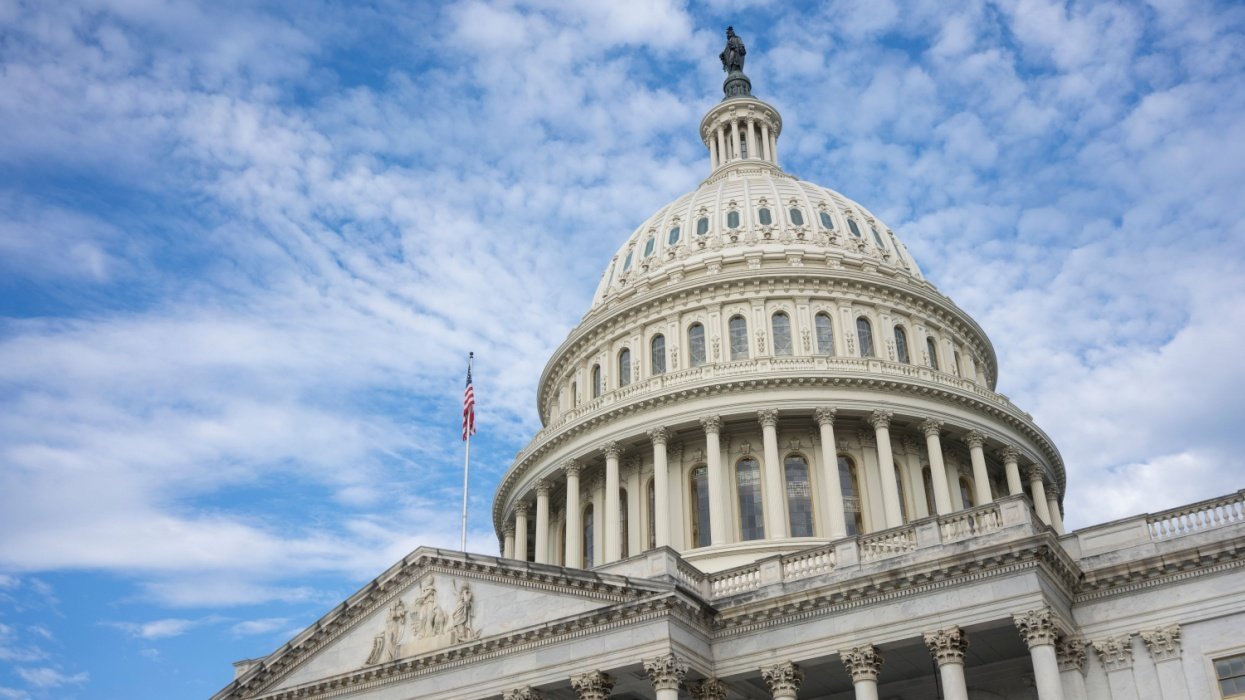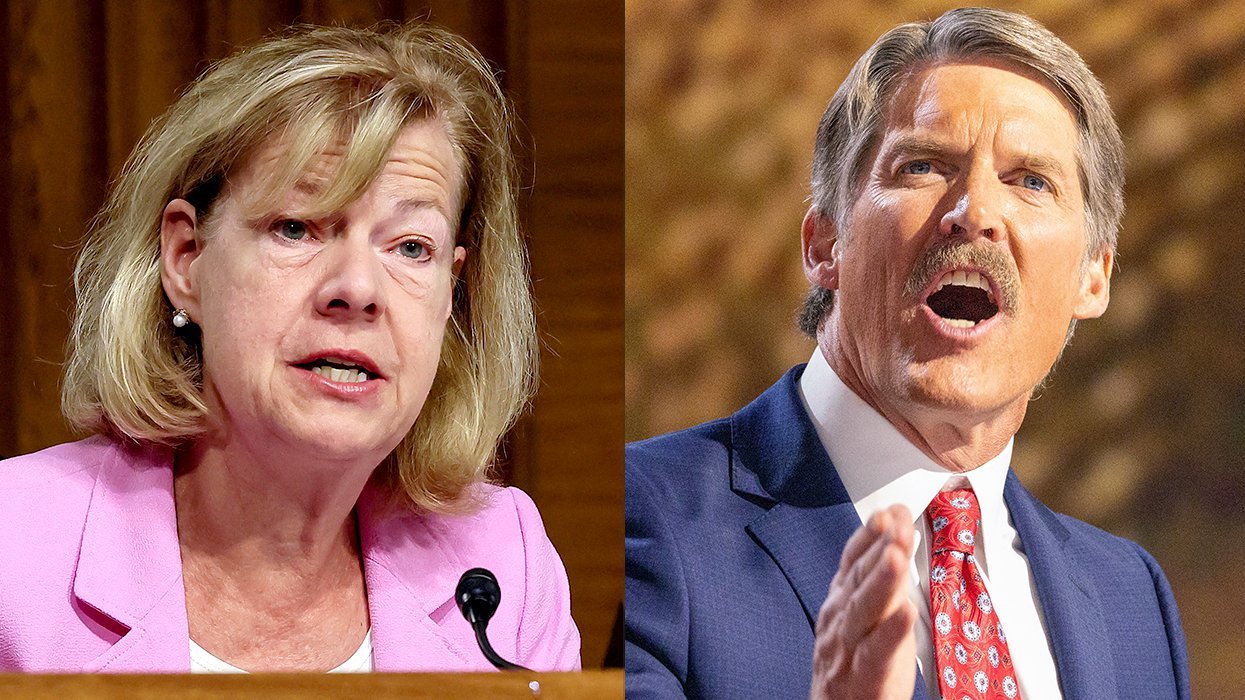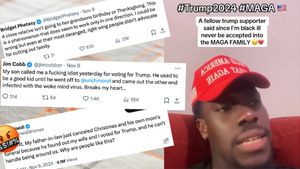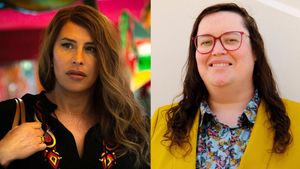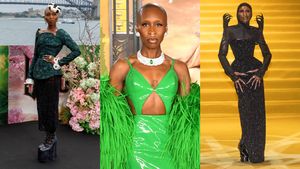Adele Tulli's documentary Out in Mumbai, which follows three LGBT Indian natives in the run-up to Mumbai's first Pride celebration, begins with a focus on Section 377 of the Indian Penal Code. It is a colonial-era law criminalizing any sexual activity "against the order of nature," particularly intercourse between adults of the same sex.
On July 2009, the High Court of Delhi overturned the 150-year-old law as it violated consenting adults' constitutional right to legal equality before the law.
We spoke to Tulli about her documentary -- which premiered this month on the gay TV network HereTV -- and about the future of India's LGBT movement, the role she hopes her film plays in moving Indian queer rights forward, and more.
The Advocate: What compelled you to make the documentary and how did you go about finding its subjects?
Adele Tulli: I have been traveling to India for the last 10 years, lots of different reasons brought me there, among those my studies. I studied South Asian studies, focusing on social movements in contemporary India, mainly feminist and LGBT movements. When Section 377, the colonial law that criminalized homosexuality in the country, was finally repealed in 2009, the impact was amazing. LGBT issues were all over the news and for the first time the whole indian society had to acknowledge them. I was in Mumbai a year later and the energy among the LGBT community was still so vibrant. We were preparing the celebrations for the first anniversary of Section 377's repeal and there came the idea of making it into a film. The documentary follows three people from Mumbai's LGBT community that find themselves in the middle of this historic moment of India's LGBT history. They are all close friends who were willing to share their personal stories, so to find them was not so difficult.
What have been your personal experiences with LGBT discrimination and community in Mumbai?
I recognize the importance of identity politics at a political level, but at a personal level I tend to avoid labels. If I had to choose one, maybe I would say queer. It depends on the context, if I am with a girlfriend in a very hetero-normative context, I would definitely call myself a lesbian. My experience with LGBT discrimination in Mumbai is not so different from a lot of other places where being gay is still very hard, Italy, where I come from, included. While I consider myself lucky to have had the opportunity of being in Mumbai during the first year of freedom of the LGBT community, the energy was so empowering. After years of invisibility, the struggles of the community were finally acknowledged and even if a law does not change society in one day, the impact it had on people was extraordinary. So many people came out, joined the community, and so many LGBT events, support groups, organizations were born.
According to Wikipedia, "The [Section 377] has not been used against homosexuals (or against consenting adults) is borne out by the history of convictions under this law in India, wherein there has been no case of a consensual homosexual act being prosecuted / convicted under this act." Is this true?
It is true that convictions under the law were rare, but the main problem of Section 377 was that it was often used by police and social bigots to intimidate, threaten, harass and blackmail the gay and hijra community, preventing them from accessing legal protection from violence. The criminalization justified the social stigma and perpetuated a culture of silence around homosexuality that resulted in denial and rejection at home along with discrimination in workplaces and public spaces. It also constituted an impediment for organizations working on HIV prevention to provide health services and HIV/AIDS related information to sexual minority groups, etc.
 What do you think are the top political priorities and future challenges for the LGBT movement in India?
What do you think are the top political priorities and future challenges for the LGBT movement in India?
First of all, [the Indian LGBT movement wants to] make sure that the Supreme Court approves the Delhi High Court judgement on Section 377. The Delhi High Court's historic verdict of 2009 that read down Section 377 has been contested by a group of opponents and at the moment the Supreme Court is still due to rule its final verdict, so the case is still pending.
Then, the LGBT movement has still to face a large section of Indian society that is deeply conservative and homophobic. There are limits to which a law can change society. So this has to be done by grass-root politics, campaigning, creating safe spaces to allow LGBT people to come together and fight. The battle has just began, as Pallav [a gay activist that appears in Out in Mumbai] says in the film.
What do you hope to make happen with your film, in terms of cultural change and social awareness?
The film is probably just a drop in the ocean, but I hope it can help the LGBT cause, not only in India, but everywhere. I strongly believe in the political strength of personal stories. I hope that watching the film anyone could connect at a human level with the three characters and understand that sexuality and gender identities are personal matters, there shouldn't be any social norm regulating them, let alone a law criminalizing them.
Watch the Out in Mumbai trailer below:
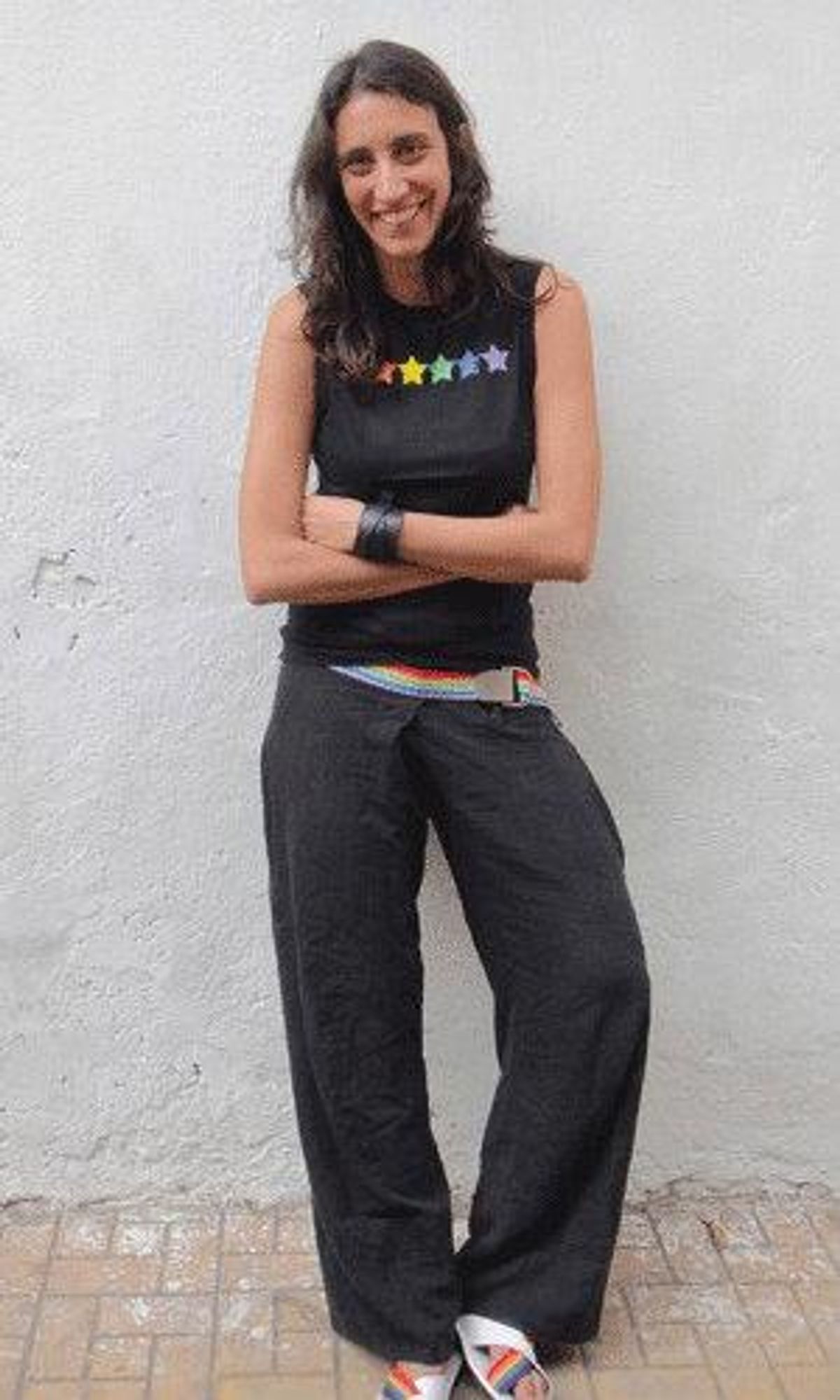

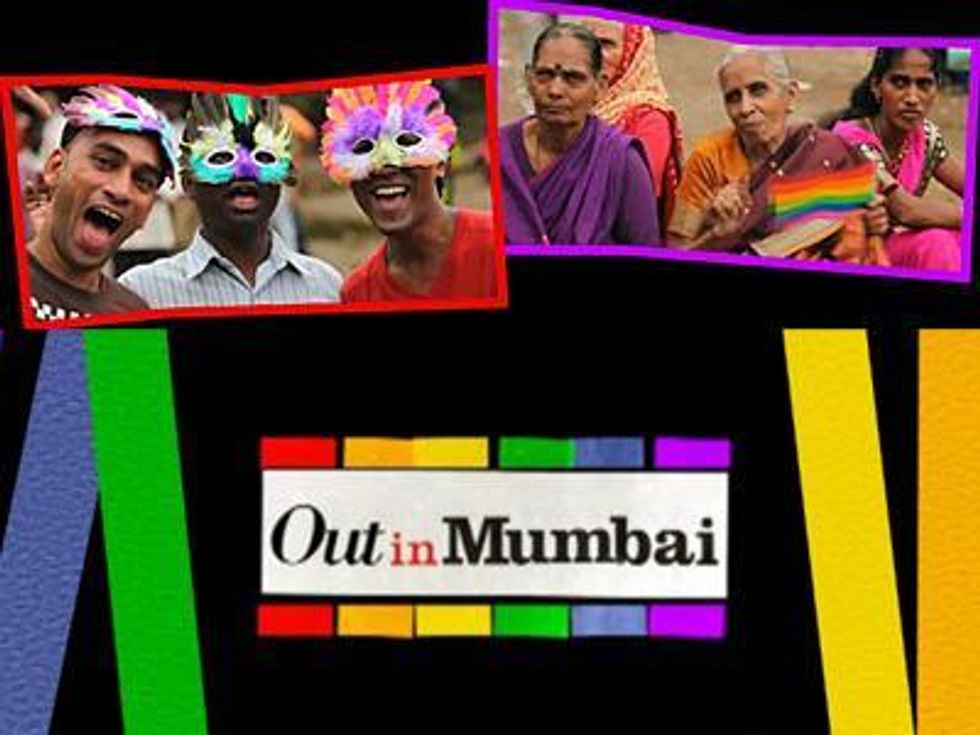 What do you think are the top political priorities and future challenges for the LGBT movement in India?
What do you think are the top political priorities and future challenges for the LGBT movement in India?











